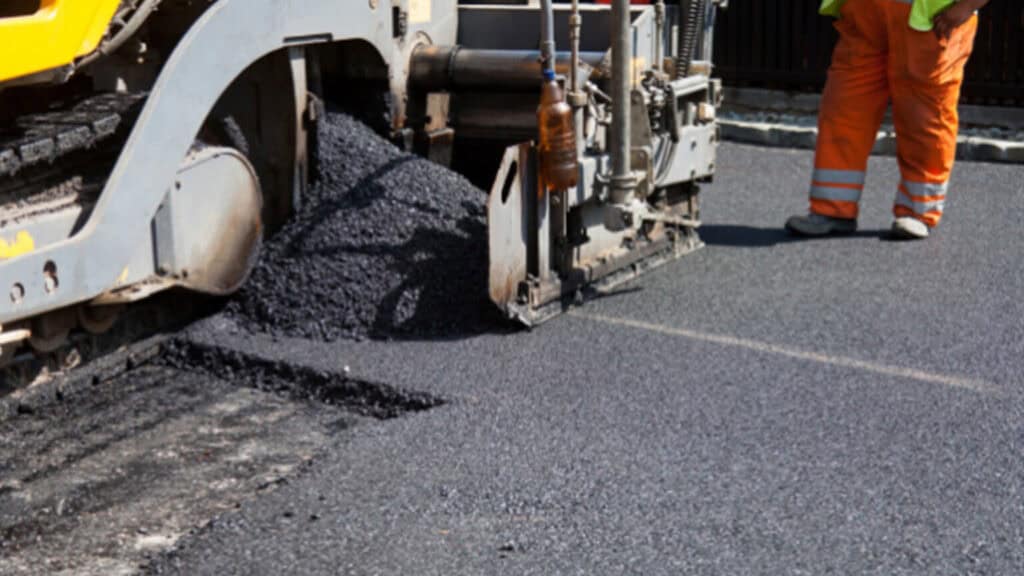Asphalt paving is a crucial aspect of maintaining commercial properties, ensuring durability, safety, and aesthetic appeal. However, the effectiveness of asphalt paving largely depends on the season. Each season presents unique challenges and opportunities for asphalt maintenance and paving projects. Here’s a comprehensive guide on what to consider for asphalt paving in each season to keep your commercial property in top shape.
Spring: Preparation and Repair
Spring is an excellent time to inspect and repair asphalt surfaces. The mild weather conditions provide the perfect environment for paving projects.
Conduct a thorough inspection of your asphalt surfaces to identify any damage caused by winter conditions, such as cracks or potholes.
Reach out to a reliable asphalt services provider to repair minor cracks and potholes before they expand. Spring is ideal for these repairs as the temperatures are moderate.
Consider sealcoating in late spring to protect the asphalt from summer heat and future winter damage. Sealcoating enhances the durability and appearance of asphalt surfaces.
Summer: Optimal Paving Season
Summer is typically the best season for major asphalt paving projects. The warm temperatures and extended daylight hours allow for efficient and effective paving.
Full-Scale Paving Projects: Schedule large paving projects during summer. The hot weather ensures the asphalt mixture remains workable and can be compacted properly.
Maintenance: Summer is the best time to conduct a regular inspect and clean the asphalt surface to remove debris and prevent damage. It also allows you to spot any damage, and address it immediately, during the ideal season.
Drainage: Ensure proper drainage systems are in place to handle summer storms. Poor drainage can lead to water pooling and damage the asphalt.
Autumn: Final Touch-Ups and Preparations
Autumn is the time to prepare your asphalt surfaces for the upcoming winter. Addressing any issues in the autumn can prevent more significant problems during the colder months.
Crack Sealing: Seal any cracks to prevent water from seeping in and freezing during the winter, which can cause the cracks to expand.
Cleaning: Remove fallen leaves and debris that can trap moisture and cause damage.
Final Inspections: Conduct a final inspection to ensure all repairs are completed before winter. Address any minor issues that could worsen with freeze-thaw cycles.
Winter: Maintenance and Monitoring
Winter can be harsh on asphalt surfaces due to freezing temperatures and snow. While major paving projects are not feasible, maintaining the surface is essential.
Snow Removal: Promptly remove snow to prevent ice formation and reduce the risk of accidents. Ensure appropriate snow removal techniques are used to avoid damaging the asphalt.
De-Icing: Use de-icing agents that are safe for asphalt. Avoid using harsh chemicals that can deteriorate the asphalt surface.
Monitor for Damage: Regularly monitor the asphalt for signs of damage, such as new cracks or potholes, and take note of these areas for repair in the spring.
Contact DCPS for Asphalt Paving
Maintaining your commercial property’s asphalt surfaces year-round ensures longevity and enhances the property’s value. For expert asphalt paving and maintenance services, contact DCPS. Our team of professionals is equipped to handle all your asphalt needs, providing tailored solutions for every season. Schedule a consultation today to ensure your property remains in top condition.

